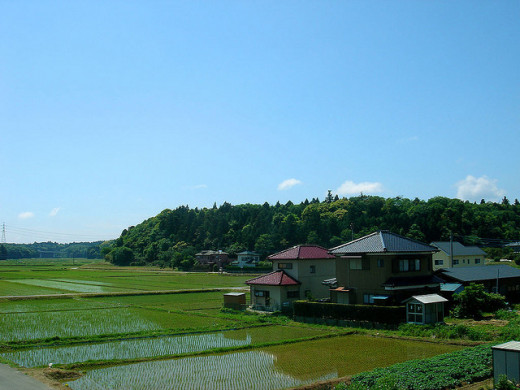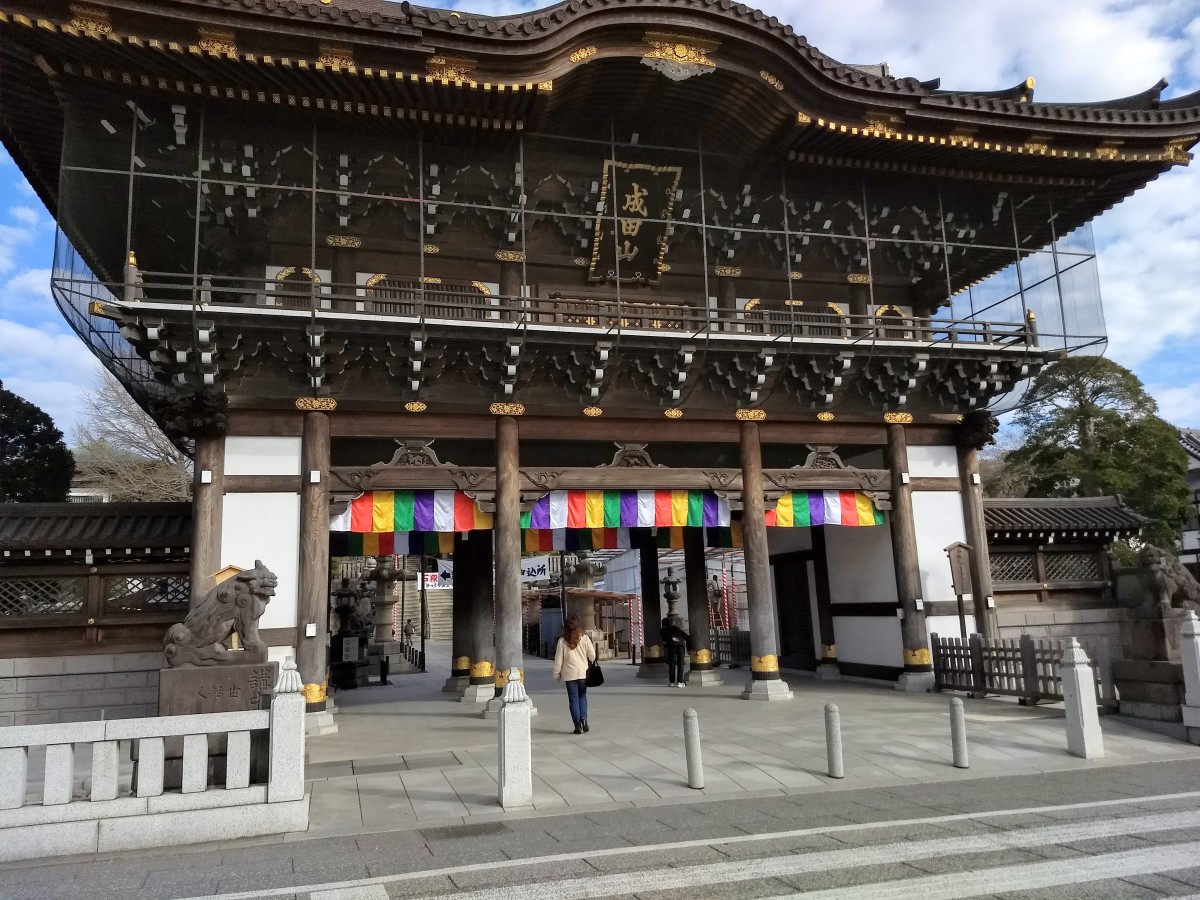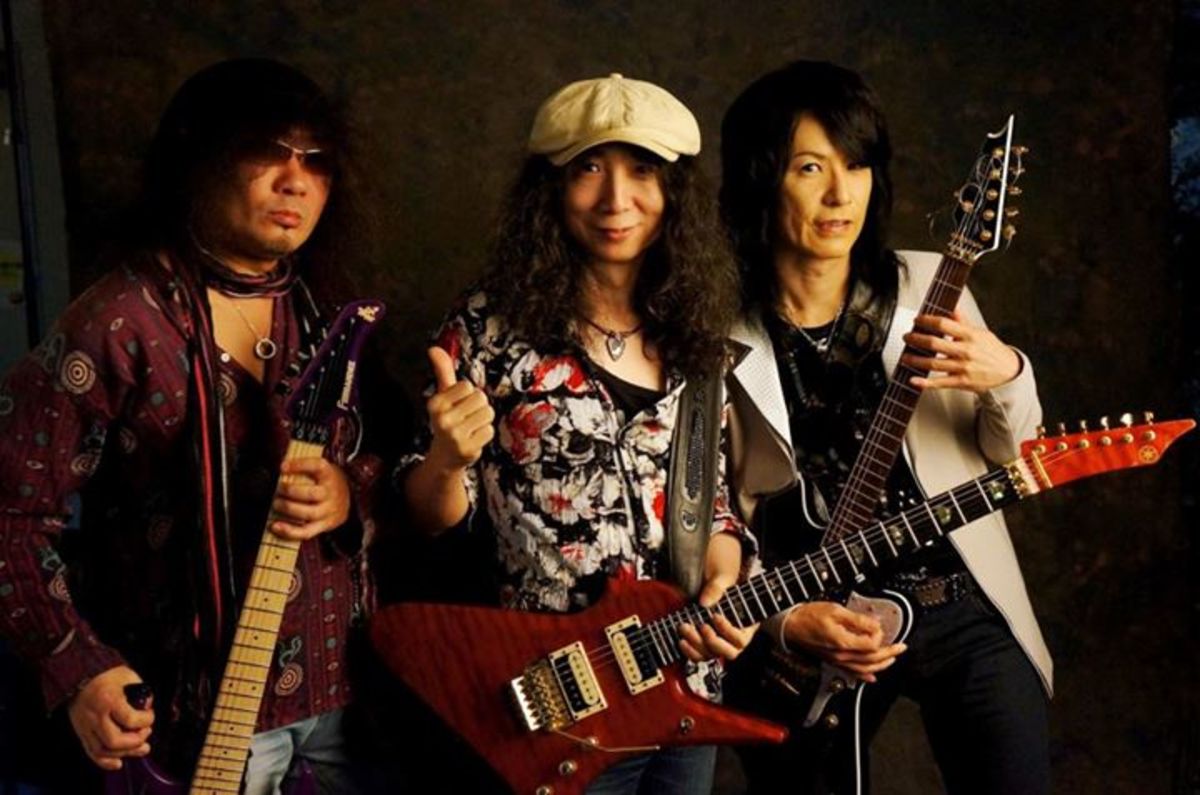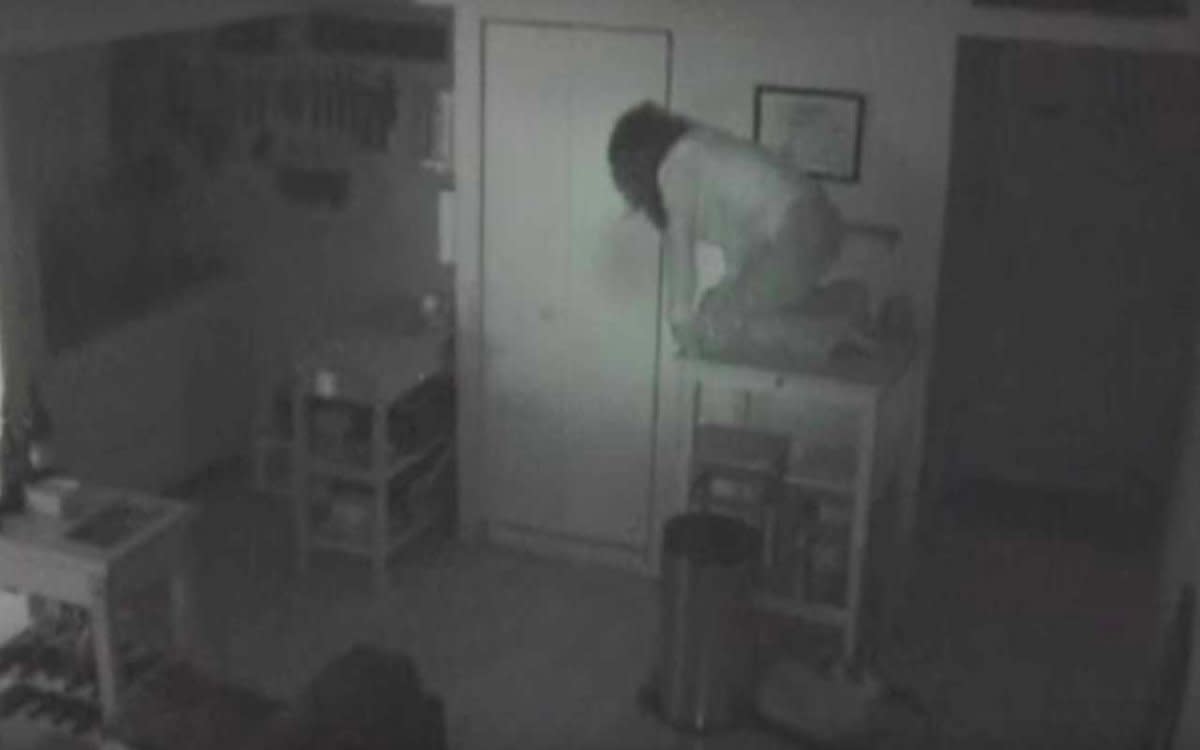What's it really like to live in Japan (outside of Tokyo)?
100% of Japan is Tokyo Right?
Many people want to know what it's like to live in Japan, but that's way too much to cover in one article. For this introduction to Japanese life, I will cover some common misconceptions that you should forget before coming to Japan on the JET program, with GABA, AEON, or INTERAC. This is all, of course, only my experience and what I have picked up from my friends and coworkers. Every situation is different (JET applicants understand this joke).
My main point is that, unless you are placed in Tokyo, you are NOT going to be living a lifestyle anything like what you expected going into this (unless you have already been to Japan for an extended time- in which case, why are you reading this?) so prepare yourself for.....

Inaka Living
This is going to be the biggest adjustment for most reforming weeaboos. I will just lay it out for you, and then expand on a few topics in some future articles.
- No one knows how to use a computer, in fact your new workplace is likely to be very outdated in terms of technology. No one communicates anything, and there are nonsensical rules to guard privacy/keep out viruses. It will not make sense. Just accept it.
- There is no wifi. None. Zero. My 2 schools are the only place I've seen with a wifi network, and there are no computers that can actually access it. They all use ethernet cables, and internet is disabled on the portable laptops. You are not allowed to bring a personal computer (this is standard in most schools). So while the school's wifi exists..... it serves no purpose. See point one for explanation.
- Everything is inconvenient/nothing can be done on the internet. It is very much a society of personal relationships. Ordered a package from Amazon? Be prepared for it to be delivered to your school (regardless of what you wrote down as your address), and given to your principal. Need to pay your electric? You have to go to a convenience store and talk to the clerk. Want to go to the post office? You have to ask off special on your lunch break. Same for bank. Everything closes before you get off work, so get used to feeling like a bum asking to leave early or during lunch.
- People will panic upon meeting you. A delivery man audibly made a sort of "WOAH!" sound when I opened the door to my apartment for him this week. The people at the post office insist on calling the English helpline every time I go in, regardless of whether we even need to converse to complete the transaction. Shopkeepers are baffled by questions in their own language.
That pretty much covers the major negatives about inaka living. Honestly, the most difficult thing is to convince people that Japan is no longer on the forefront of modern technology in daily life. Everything is done in person, and involves as many people as is possible.
Why so Negative?
In reality, I love living in the inaka (boondocks). It's beautiful, and the lack of technology actually makes me feel kind of zen. I am slowly adjusting to having a public life / not being able to order things online without everyone at school knowing what it is, and I think in another few months it will be natural. Maybe even more healthy....
However, many people who want to come to Japan have a mid-90s vision of the country, which simply no longer holds true even in the large cities. This leads to disappointment, isolation, and anger. All things that we want to avoid!
What kind of person will do well on the JET program?
It all depends on where you are placed. ESID ESID ESID, I know. I can be more specific, don't worry. There are three basic situations that I can describe, and there is a certain type of person who gets placed into each (usually-not always).
- Mid-sized city with a large JET population. By large I mean 6-12. This is where you will most probably be placed if you don't speak any Japanese, or seemed like a more co-dependent person during your interview. I should have acted co-dependent, as this is a very cushy placement. It is great because you have a support network nearby. Usually these people will form very strong friendships. CONS: little interaction with actual Japanese people, more workshops and mandatory meetings (simply because they actually have the structure in place to hold them).
- Prefectural JET/High School Jet placed randomly. Very outgoing or "unique" (looking) applicants who do not speak Japanese well often get this post. You could be placed anywhere, as you will be traveling a lot. This is the post with the longest commutes (hours sometimes). Often, however, your CO will try to place you near other JETs. They understand it can be lonely. You have opportunity to meet many English-speaking Japanese adults with this post. CONS: Might be placed alone, and even if you are placed near other JETs, they will be on a different schedule. Making friends is slightly more difficult (especially if group 1 cliques up early) but not impossible.
- True Inaka. This is my post, and I know the least about it. That's because I am out in the middle of nowhere, and finding another random middle-of-nowhere person to compare notes with is pretty hard. My best guess; however, is that I was placed here because I know some Japanese (necessary as literally only the JTEs in this town know English) and had experience living on my own. Also, I had a real interest in Japan and Japanese life. I couldn't survive out here with no Japanese, or if I were co-dependent. It just wouldn't work. I have a lot of solo hobbies like crochet, knitting, etc. Basically, I think that self-sufficient people who could actually meld into a Japanese community are put in the true Inaka.
I hope this helps anyone who is applying for the JET program. Try to come off as one of these categories in your interview, and tell me how it goes!









